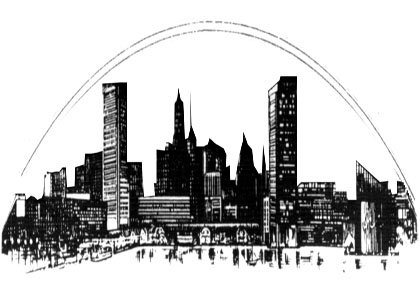He sat with them for an hour in prayer. Then he pulled his gun out and started shooting. And today our national numbness is wrapped in a Confederate flag. The young man who killed nine members of Charleston’s Emanuel African Methodist Episcopal Church the night of Wednesday, June 17, 2015, was an old-school racist.
“I have to do it,” Dyllan Storm Roof is said to have explained. “You rape our women and you’re taking over our country. And you have to go.”
Roof’s roommate told ABC News the next day that he was “big into segregation and other stuff” and “he wanted to start a civil war.” And this is America, where we have the freedom to manifest our lethal fantasies.
However, this is bigger than racism and the pathetic monster of white supremacy. Racism is a name for one of the currents of righteous hatred that coils through our
collective unconscious, and over the decades and centuries it has motivated terrible crimes against humanity. But the “civil war” that Roof participated in is, I think, much larger and much more meaningless and not all the participants are loners.
“In a pattern that has become achingly familiar to him and the nation,” the New York Times reported, “Mr. Obama on Thursday strode down to the White House briefing room to issue a statement of mourning and grief as he called on the country to unify in the face of tragedy.”
Indeed, it’s the 14th time, according to The Guardian that he has done this since he has been in office. It’s the 14th time he has said words like: “I am confident that the outpouring of unity and strength and fellowship and love across Charleston today from all races, from all faiths, from all places of worship indicates the degree to which those old vestiges of hatred can be overcome.”
America, America, land of the mass murderer. Mass murders have increased 14-fold in the United States since the 1960s, sociologist Peter Turchin wrote two and a half years ago, after the Sandy Hook killings. In his essay, called “Canaries in a Coal Mine,” Turchin made a disturbing comparison: Mass murderers kill the same way
soldiers do, without personal hatred for their victims but to right some large social wrong. He called it the “principle of social substitutability”— substituting a particular group of people for a general wrong.
Dylann Roof had a toxic “cause”— to reclaim the Old South, to reclaim the country, from an unwelcome human subgroup but the solidarity in which he acted wasn’t so much with his fellow racists as with the strategists and planners of war. Any war. Every war.
Every murderer believes the violence he is wielding is “good violence.” Think,
Timothy McVeigh, whose fertilizer bomb killed 168 people at the Alfred P. Murrah Federal Building in Oklahoma City in 1995. He called his victims “collateral damage,” co-opting the official language of the Gulf War in which he served. Mass murderers mimic and find their inspiration in the official wars we wage as a nation. Take away the massive public relations machinery that surrounds these wars and the deaths they cause are just as cruel, just as wrong. The abstract “enemy” dead, in every case, turn out to be human beings, who deserved to live.
Every war and every mass murder spreads fear and hatred— and inspiration— in their aftermath. The next day, USA Today reported, the vigils at two South Carolina Churches in Charleston and Greenville were disrupted by bomb threats and had to be evacuated. So did Charleston’s county building.
“At some point,” Obama said, “We as a country will have to reckon with the fact
that this type of mass violence does not happen in other advanced countries. It doesn’t
happen in other places with this kind of frequency— and it is in our power to do something about it.”
Robert Koehler, syndicated by PeaceVoice, is an award-winning Chicago journalist and editor.
